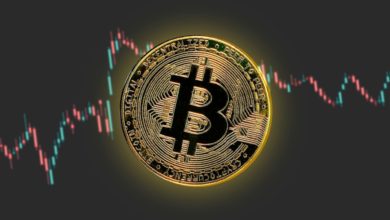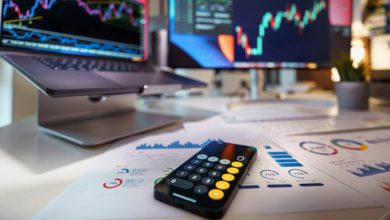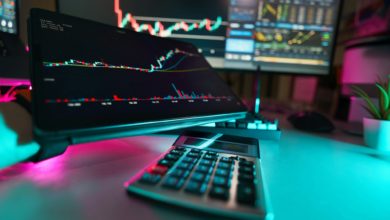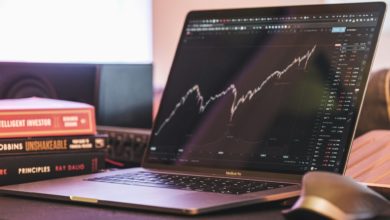Inflation Fears Renew Amid Tariff Concerns, Consumer Sentiment Dips
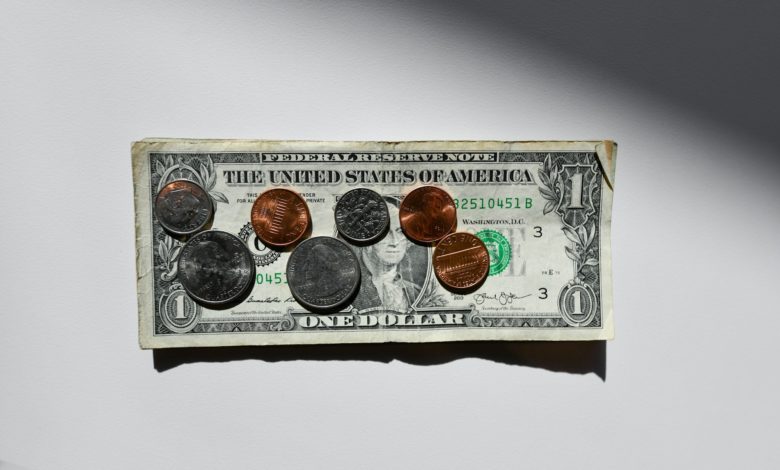
A fresh wave of inflation woes has taken hold of consumers, as the University of Michigan’s latest consumer sentiment survey reveals a steep decline in consumer confidence, driven by fears of rising prices. With inflation expectations climbing to their highest since November 2023, the economic outlook is increasingly uncertain for many. As global tariff policies evolve, investors are left questioning whether these fears will be realized or if the situation will stabilize.
Consumer Sentiment Takes a Hit
The University of Michigan's February consumer sentiment survey saw a nearly 10% decline, with the headline reading falling to 64.7, down from January’s 71.6. This steep drop is due to growing pessimism over inflation, with consumers fearing sustained price increases. The survey's findings echo concerns that inflation expectations are moving higher, with the one-year inflation forecast rising to 4.3% from 3.3% the previous month. Joanne Hsu, Director of Consumer Surveys at the University of Michigan, noted that consumers are now expecting inflation to accelerate not only in the short term but also in the long term.
"This is not necessarily cause for panic, but expectations are clearly being driven by concerns over policy and potential price hikes from tariffs," Hsu told Yahoo Finance on Friday.
A Surge in Long-Term Inflation Expectations
The survey highlighted an even more concerning trend: long-run inflation expectations, which track forecasts for the next five to ten years, surged from 3.2% in January to 3.5% in February—the highest reading since April 1995. This jump is the largest month-over-month increase since May 2021 and the most significant shift in long-term expectations since 2008, when inflationary concerns were fueled by immediate price shocks.
However, Hsu explained that the current rise is different. "People are not reacting to current price shocks. They’re reacting to anticipated price shocks," she stated. Much of this concern stems from the anticipated impact of tariffs, particularly those announced by former President Trump, which could raise prices on goods ranging from steel and aluminum to automobiles, chips, and pharmaceuticals.
Global Tariffs Fuel Uncertainty
A key driver behind the inflation worries is the looming tariff policies, especially following Trump's announcement of a global 25% tariff on steel and aluminum imports. Set to take effect on March 12, these tariffs are expected to increase prices on a range of goods. Additionally, Trump's comments about imposing new tariffs on automobiles, chips, and pharmaceuticals have left many anxious about further price hikes in essential products.
While these tariffs have yet to be fully implemented, economists remain divided on their eventual impact. According to Bloomberg, some experts are taking a wait-and-see approach, as past tariff threats have often been delayed or adjusted. Yet, others caution that these tariff measures once rolled out, could contribute to inflationary pressures for years to come.
A Broader Economic Impact
As inflation expectations rise, so do concerns around the broader economic landscape. February's survey revealed a nearly 10% drop in both expectations for personal finances and the short-term economic outlook. Meanwhile, the long-run economic outlook fell by about 6%, reaching its lowest level since November 2023. Reuters reports that these declines are indicative of heightened anxiety among consumers, who are bracing for potentially difficult economic conditions ahead.
Many are watching closely as these inflationary expectations take root. Whether or not the tariffs will cause a substantial increase in consumer prices is still to be determined. Still, with inflation concerns already exacerbating the economic outlook, it is clear that rising prices could lead to further volatility in both the consumer and investor spaces.
Looking Ahead
As inflation expectations hit their highest levels in months, and with tariffs on the horizon, the outlook remains uncertain. The key question for investors, economists, and consumers alike is whether these fears will be realized or if inflationary pressures will subside. In the meantime, policymakers will likely be under pressure to reassess their strategies in response to the shifting economic landscape.
For now, the continued volatility in consumer sentiment, combined with rising inflation expectations, suggests that both markets and consumers will need to brace for an unpredictable year ahead.
